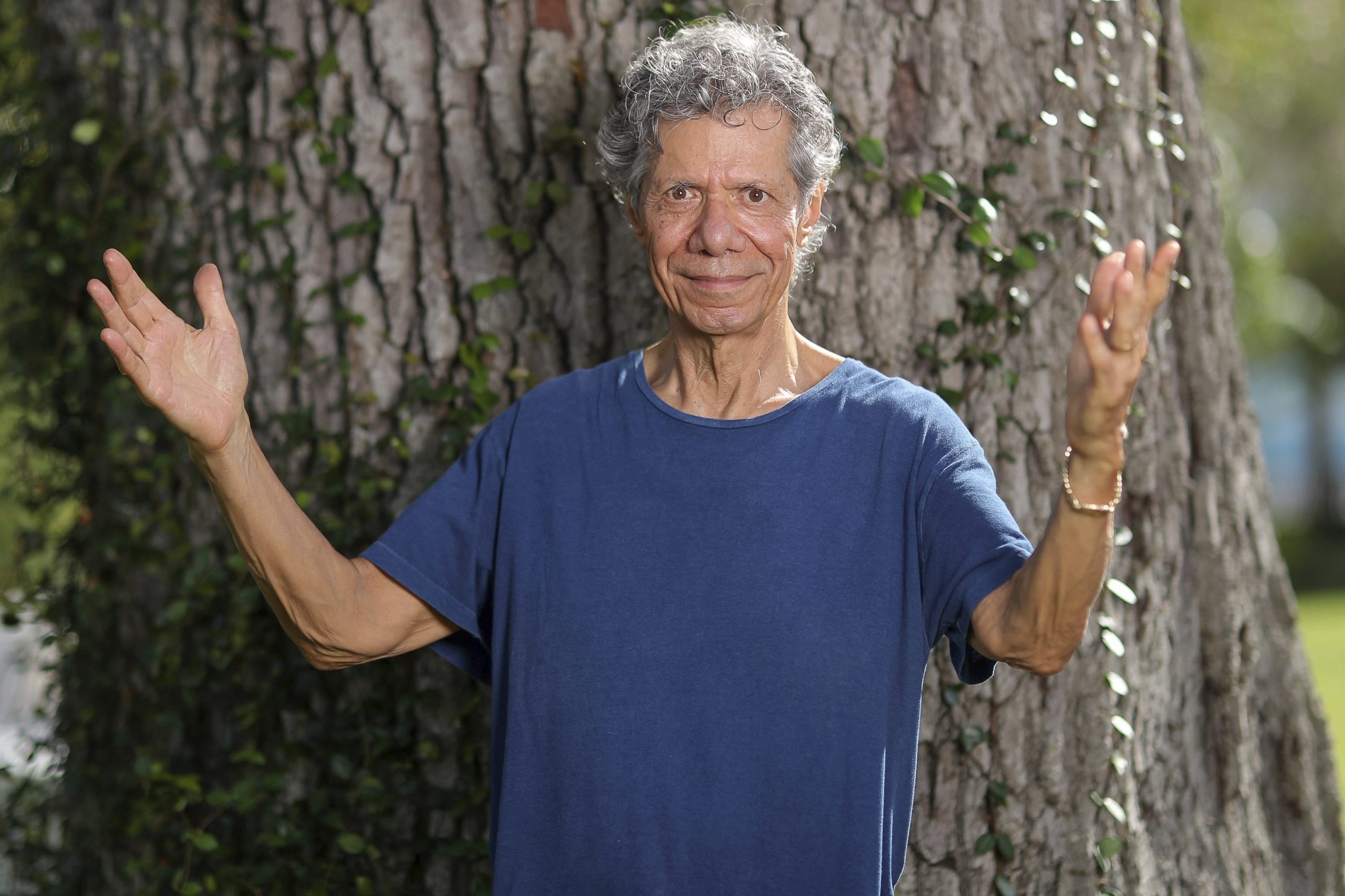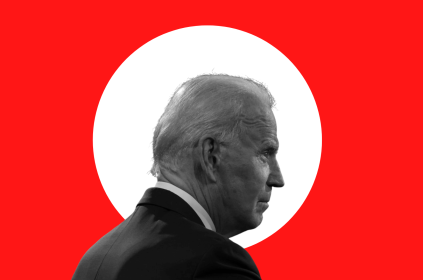NEW YORK — If you’re very lucky, one day Chick Corea will make your portrait. And because he’s a formidable musician, it will be a portrait entirely in musical notes.
Corea likes inviting volunteers onto the stage during solo concerts, sitting them down near his piano and creating spontaneous, entirely subjective tone poems about the person.
“It starts as a game — to try to capture something I see in music,” he says. “While I play, I look at them a couple of times like a painter would. I try to see if, while I’m playing, are they agreeing with what I’m playing? Do they think that this is really a portrait of them? And usually they do.”
Two such vivid portraits are included on his new double album “Plays,” which captures Corea at various concerts armed simply with his piano. He’s been playing solo piano shows since 1971 and likes the purity of it.
“Like a runner loves to run because it just feels good, I like to play the piano just because it feels good,” he says. “I can just switch gears and go to another direction or go to another song or whatever I want to do. So it’s a constant experiment.”
Corea has earned his right to do whatever he wants, with a staggering 23 Grammy Awards. In 1968, he replaced Herbie Hancock in Miles Davis’ group, playing on the landmark albums “In a Silent Way” and “Bitches Brew.”
He formed his own avant-garde group, Circle, and then founded Return to Forever. He’s worked on many other projects, including duos with Hancock and vibraphonist Gary Burton. He’s recorded and performed classical music, standards, solo originals, Latin jazz and tributes to great jazz pianists.
The new double album is a peek into Corea’s musical heart, containing songs he wrote about children decades ago as well as tunes by Mozart, Thelonious Monk and Stevie Wonder, among others. Their music is alive to him now, regardless the era they performed.
“My love for Mozart is now. My love for Stevie Wonder and Miles Davis is now,” he says by phone from his home near Tampa, Florida. “So when I take that onstage and I mix it together, it’s totally natural to me. It’s how I think.”
Bernie Kirsh, who recorded and co-produced the album, has been working with Corea since 1975 and says his friend combines remarkable technique, generosity of spirit and a sense of freedom.
Kirsh has worked with lots of musicians and knows they can be brusque. On the very first song he and Corea worked on, something went awry on the console. Kirsh braced for “a not exactly very friendly response.” But Corea calmly said: ”OK, let’s do it again.” Kirsh then knew: “This is going to be a blast. And it’s been a wonderful, wonderful rise all these years.”
In addition to the interpretations of great composers and the musical portraits on the new album, Corea also recorded two examples of a feature he’s also been playing with onstage: The guest improviser.
He’ll invite someone from the audience — it can be a 4-year-old who simply wants to poke at the piano or a professional musician who wants to go note-to-note with Corea — and they’ll jam.
“It’s pretty dangerous, man. And that’s the fun of it. The fun of it is that it’s dangerous,” he says. “All kind of stuff happens when people come up.”
The last eight songs on the album are ones he wrote in the 1970s to honour the spirit of children. He originally wrote them to relax after being on the road and Corea chose to try to capture the brightness ahead for a kid.
“He’s got a whole life in front of him. He sees the dew drops on the flower. He sees the sun,” he says. “And he’s got that naive, beautiful openness to everyone and everything. It’s something that is within all of us buried somewhere. That hasn’t gone away. It just got encrusted a little bit.”
Corea lately has also kept busy with two commissions: A trombone concerto for the New York Philharmonic and a percussion concerto for the Philadelphia Orchestra.
“I get interested in something and then I follow that interest. And that’s how my music comes out,” he says. “I’ve always followed my interest. It’s been my successful way of living.”
He’s also started teaching online, creating the Chick Corea Academy to offer his views on music and share the opinions of others, take questions and chat with guests. He hopes his students will explore their freedom of expression and think for themselves.
“Does everyone have to like what I like? No. And it’s what makes the world go around that we all have different likes,” he says, adding what could be a motto for this jazz giant: “We come together and we collaborate.”
___
Mark Kennedy is at http://twitter.com/KennedyTwits
Mark Kennedy, The Associated Press















